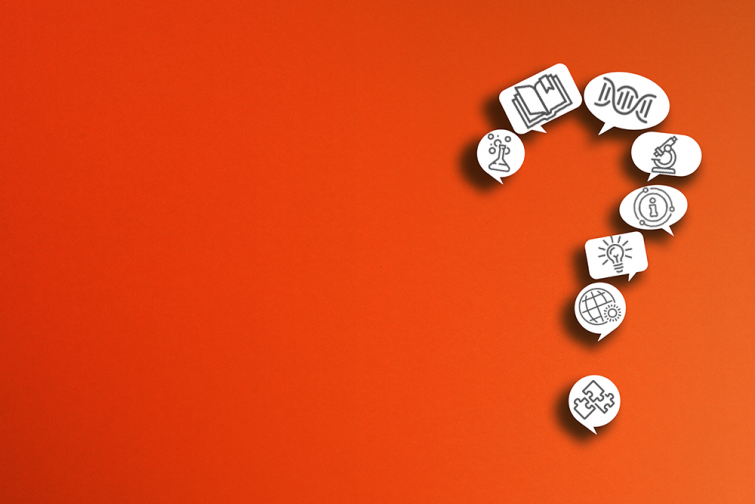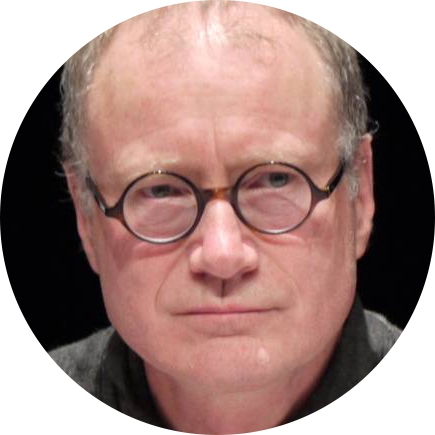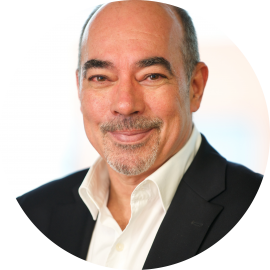
February 21, 2020
Bulletin interne de l'Institut Pasteur


Upcoming Science and Society seminar about "Science and democracy": March 3, 2020
 The next seminar in the "Science and Society" cycle, entitled "Science and democracy: the challenges and limits of scientific information", will take place on March 3, 2020 at 5.30pm in the François Jacob auditorium. The speakers will be the scientific journalist Sylvestre Huet and Dr. Jean-François Chambon, Vice-President Communications and Fundraising at the Institut Pasteur.
The next seminar in the "Science and Society" cycle, entitled "Science and democracy: the challenges and limits of scientific information", will take place on March 3, 2020 at 5.30pm in the François Jacob auditorium. The speakers will be the scientific journalist Sylvestre Huet and Dr. Jean-François Chambon, Vice-President Communications and Fundraising at the Institut Pasteur.
According to the latest survey by Ademe, the French Environment & Energy Management Agency, 37% of French people think that "the rise in the greenhouse effect and climate change are just a theory which not all scientists agree on". Another survey found that 58% believe that nuclear power stations emit "a lot or quite a lot" of greenhouse gases. In 2017, the members of the "Autisme-vaccination" association announced that they would be taking legal action against four pharmaceutical laboratories in a bid to obtain compensation for their children's autism based on the "infamous" article published in 1998 "establishing" a link between the MMR vaccine and autism, which in 2010 was proven to be false and to contain fraudulent data.
Scientists have a duty to inform the public debate so that democratic discussions can take place with participants in full knowledge of all the relevant facts. But on the grounds of the right to freedom of opinion, climate-denier "experts" were invited to speak to the committee tasked with drawing up school curriculums, and several stakeholders have been known to employ techniques that spread misinformation, or even lies, to defend their interests.
Against this backdrop, we are inviting you to come to the Institut Pasteur on March 3 at 5.30pm to discuss the following questions:
-
What are the challenges in providing accurate scientific information in a democracy?
-
How can we reconcile a functioning democratic system with the difficult task of sharing scientific knowledge?
-
What role should research organizations play in this respect?
 Sylvestre Huet has been a scientific journalist since 1986. He worked for the newspaper Libération from 1995 to 2016, authoring the {Science2} blog from 2008 onwards. The blog is currently hosted on the Le Monde platform. Sylvestre Huet aims to perform a critical analysis of the relationship between science and society (his work ranges from analyzing the social significance of scientific results to examining opinions and statements about scientific facts), and also scientific policies in France (and how they are funded). He is particularly committed to debunking the views of climate skeptics and climate deniers, in part via a series of books on climate issues that he launched in 2000. He was the first journalist to receive the Diderot-Curien Prize, with Stéphane Foucart, in 2012.
Sylvestre Huet has been a scientific journalist since 1986. He worked for the newspaper Libération from 1995 to 2016, authoring the {Science2} blog from 2008 onwards. The blog is currently hosted on the Le Monde platform. Sylvestre Huet aims to perform a critical analysis of the relationship between science and society (his work ranges from analyzing the social significance of scientific results to examining opinions and statements about scientific facts), and also scientific policies in France (and how they are funded). He is particularly committed to debunking the views of climate skeptics and climate deniers, in part via a series of books on climate issues that he launched in 2000. He was the first journalist to receive the Diderot-Curien Prize, with Stéphane Foucart, in 2012.
 Dr. Jean-François Chambon has been Vice-President Communications and Fundraising at the Institut Pasteur since February 2, 2015. Dr. Chambon is a physician specializing in HIV/AIDS. He began his career as a hospital doctor in internal medicine, while also contributing to the development of the first organizations set up to combat HIV/AIDS, especially ARCAT Sida, for which he served as medical director until 1997. He then joined the pharmaceutical industry (GSK, then Roche), where he was Secretary General of the GSK Foundation for the development of programs to combat AIDS in developing countries, then Director of Public Affairs, Communications and Corporate Social Responsibility (CSR) policy. Jean-François Chambon is a laureate of the Faculty of Medicine at Paris XII University. He also holds a diploma in tropical medicine and global healthcare from Paris VI University and a CESAM diploma in statistics applied to medicine (Paris VI University).
Dr. Jean-François Chambon has been Vice-President Communications and Fundraising at the Institut Pasteur since February 2, 2015. Dr. Chambon is a physician specializing in HIV/AIDS. He began his career as a hospital doctor in internal medicine, while also contributing to the development of the first organizations set up to combat HIV/AIDS, especially ARCAT Sida, for which he served as medical director until 1997. He then joined the pharmaceutical industry (GSK, then Roche), where he was Secretary General of the GSK Foundation for the development of programs to combat AIDS in developing countries, then Director of Public Affairs, Communications and Corporate Social Responsibility (CSR) policy. Jean-François Chambon is a laureate of the Faculty of Medicine at Paris XII University. He also holds a diploma in tropical medicine and global healthcare from Paris VI University and a CESAM diploma in statistics applied to medicine (Paris VI University).
Further information:
Climato-scepticisme et médias : la duperie (in French)
Le rêve de Diderot à l’époque du Big Data (in French)
Vaccins et autisme : l'histoire d'une fraude scientifique (in French)